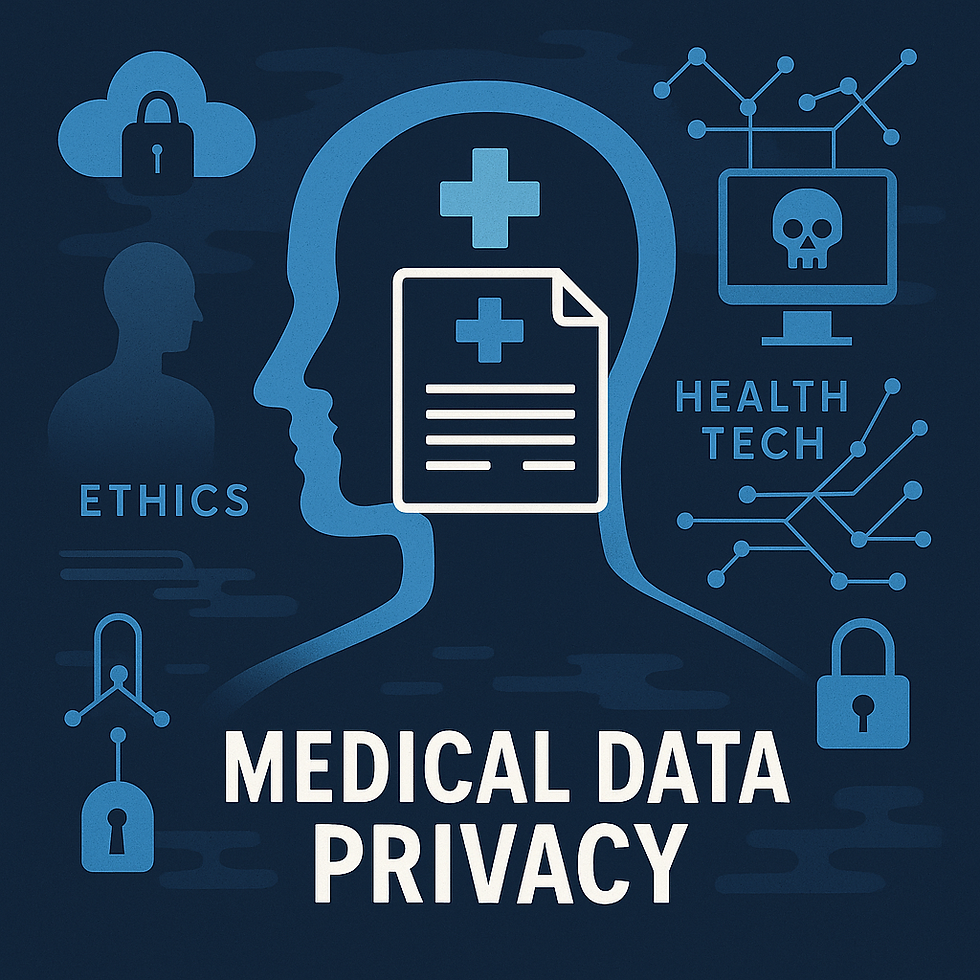How Technology Improves Record Retrieval
- Michael Turner
- Jul 30, 2025
- 1 min read
In the healthcare industry, retrieving medical records efficiently and accurately is vital for patient care, legal processes, and insurance claims. Traditional paper-based record retrieval was often slow, prone to errors, and resource-intensive. However, advances in technology have revolutionized this process, enabling faster, more secure, and more reliable access to critical health information.
Streamlining the Retrieval Process
Modern record retrieval systems leverage electronic health records (EHRs), cloud computing, and automation to simplify how medical data is requested, located, and delivered. By digitizing records and centralizing storage, healthcare providers and third-party services can reduce turnaround times from days or weeks to mere hours or minutes.
Automation and AI Integration
Automation tools now handle routine tasks such as identifying relevant records, verifying patient authorization, and managing secure data transfers. Artificial Intelligence (AI) enhances these processes by accurately interpreting medical documents and flagging inconsistencies, which helps minimize human error and boosts compliance with privacy regulations like HIPAA.
Enhancing Security and Compliance
Technology also strengthens data security through encryption, access controls, and audit trails. These safeguards ensure that sensitive patient information remains confidential during retrieval and transmission, protecting against data breaches and unauthorized access.
Benefits for Healthcare Providers and Patients
Faster and more reliable record retrieval improves clinical decision-making by providing timely access to patient history. It reduces administrative burdens, cuts costs, and enhances overall healthcare quality. For patients, this means better-coordinated care and smoother interactions with healthcare and legal systems.




Comments